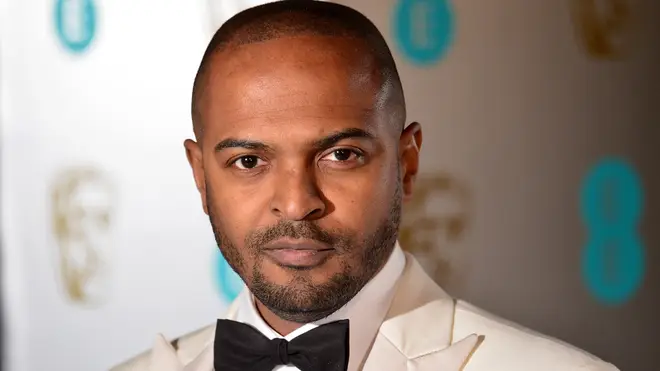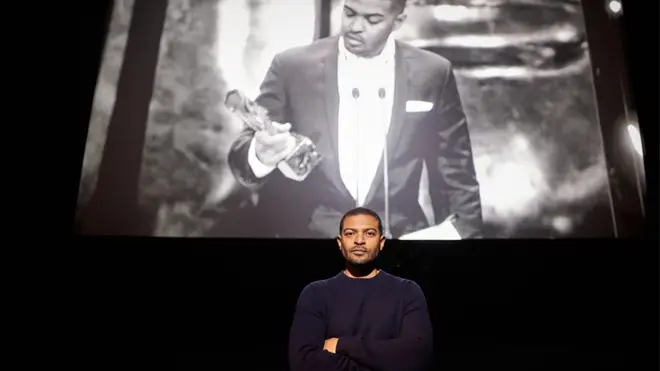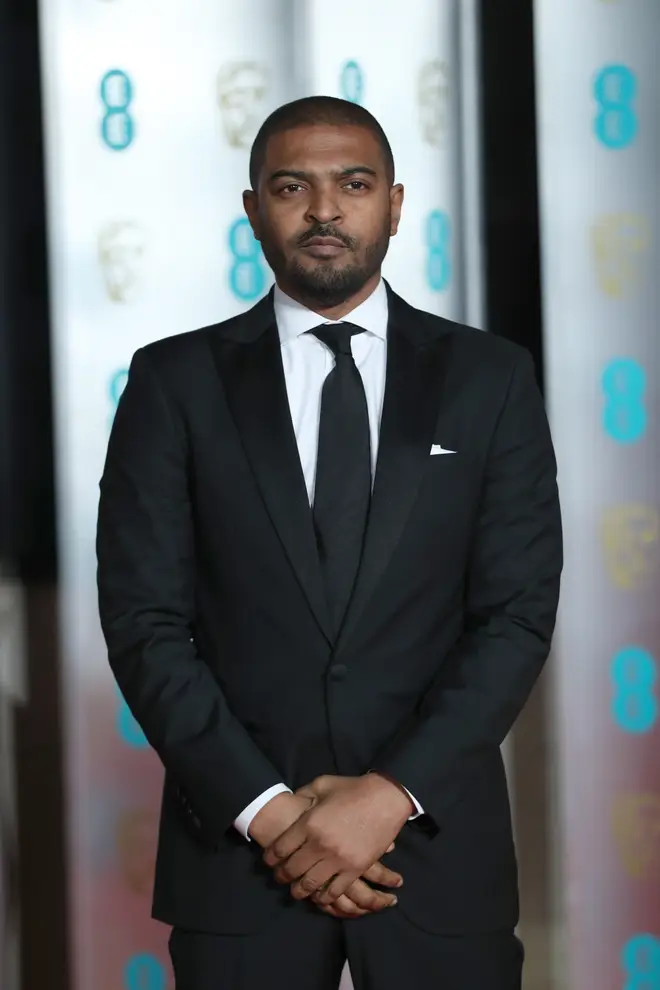
Simon Marks 4pm - 7pm
30 April 2021, 17:38 | Updated: 30 April 2021, 22:27

Noel Clarke has said he is seeking "professional help" following claims of sexual misconduct, but "vehemently denies" any wrongdoing.
The actor made his apology after ITV announced it was pulling the final episode of his show Viewpoint from being broadcast and Bafta suspended Clarke's membership and his outstanding British contribution to cinema award.
The claims were made against the Bulletproof and Doctor Who actor in The Guardian.
It reported that 20 women who knew Clarke in a professional capacity had made allegations of misconduct.
Clarke has said he "vehemently denies" claims against him, but added he is seeking "professional help" to "change for the better".
Read more: Bafta suspends Noel Clarke over sexual misconduct allegations
Read more: ITV pulls final Viewpoint episode after sexual misconduct allegations
The full statement read: "I vehemently deny any sexual misconduct or criminal wrongdoing.
"Recent reports however have made it clear to me that some of my actions have affected people in ways I did not intend or realise.
"To those individuals, I am deeply sorry. I will be seeking professional help to educate myself and change for the better."

Noel Clarke says he is 'deeply' sorry but denies sexual misconduct
ITV pulled the concluding episode of a drama starring the 45-year-old from schedules on Friday evening after the accusations were published.
The actor is currently starring in the thriller Viewpoint as DC Martin Young, a surveillance detective who sets up his observation post in the home of a single mother.
The five-part drama was broadcast throughout this week and was due to conclude on Friday night.
Broadcaster Sky, which has aired three series of Clarke's series Bulletproof, has said it is halting work with Clarke following the accusations.
Meanwhile Bafta has sought to explain why it honoured Clarke with the outstanding British contribution to cinema award earlier this month - after it had been informed of accusations of misconduct.

The academy has suspended his award and membership, and sought to clarify to members why it proceeded with plans to celebrate the actor at the recent film awards.
MP Stella Creasy said the allegations posed "very uncomfortable questions for Bafta", while shadow Northern Ireland minister Alex Davies Jones tweeted: "If @Bafta gave Noel Clarke an 'outstanding contribution award' despite knowing about the allegations against him then there are serious questions that need answering immediately."
In a letter to its membership, Bafta said it was not aware of allegations relating to Clarke before announcing he would be given the award and it was in the days following the announcement in March that the body received anonymous emails of second or third-hand accounts.
The letter said: "We want to reassure you that we have treated this matter with the utmost seriousness, care and proper process at every stage.
"The Bafta board of trustees has remained right across this matter, has met a number of times and are fully supportive of all actions taken.
"The allegations against Mr Clarke are extremely serious and the behaviour they allege are contrary to Bafta's values and everything it stands for.
"But no matter how abhorrent these allegations are, they cannot be dealt with without due process.
"Bafta is an arts charity that is not in a position to properly investigate such matters."

The academy said the emails it received were "either anonymous or second or third-hand accounts via intermediaries".
It added: "No first-hand allegations were sent to us. No names, times, dates, productions or other details were ever provided.
"Had the victims gone on record as they have with The Guardian, the award would have been suspended immediately. Noel Clarke's counsel received a legal notice to this effect.
"It was always very clear what our intentions would be.
"We asked for individuals to come forward with their accounts and identify themselves, as they have done with The Guardian, but due to the anonymous claims and the lack of first-hand specificity, we did not have sufficient grounds to take action."
Bafta added it put in place an "independent, appropriately qualified person" with whom alleged victims could discuss the issues.
The letter concluded: "We very much regret that women felt unable to provide us with the kind of first-hand testimony that has now appeared in The Guardian.
"Had we been in receipt of this, we would never have presented the award to Noel Clarke."